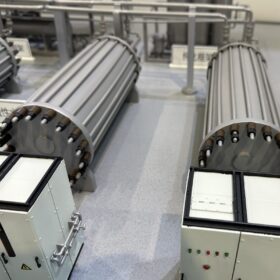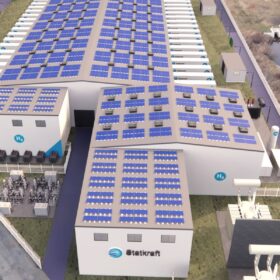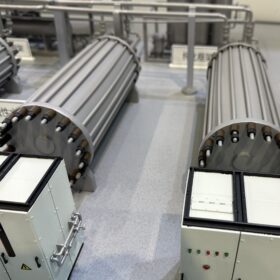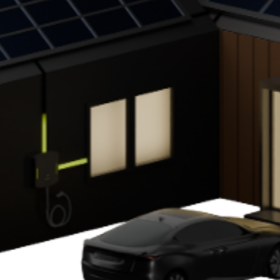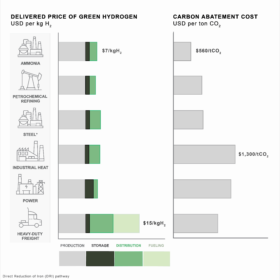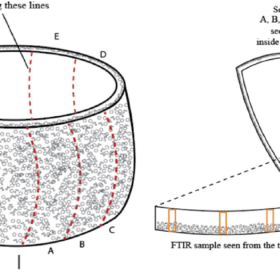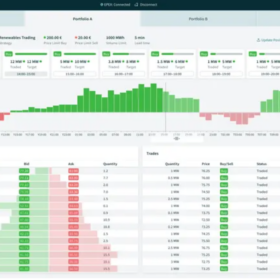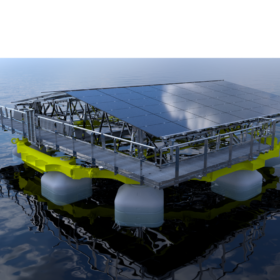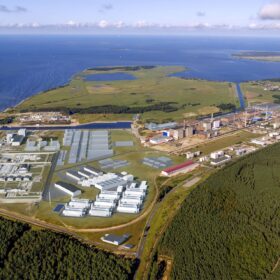The Hydrogen Stream: Statkraft advances green H2 plans in Germany
Statkraft says it is progressing with its 200 MW electrolysis plant in Germany, while Neste says it will not invest in its 120 MW electrolyzer project in Finland.
Statkraft aiming for up to €107 million in EU funding for hydrogen production in Germany
The Norwegian energy company wants to build 200 MW of electrolysis capacity in the German state of Lower Saxony. The waste heat generated is to be used for district heating. The EU has now asked Statkraft to enter into negotiations on funding.
The Hydrogen Stream: More H2 projects put on hold
Repsol has told pv magazine that it has frozen 90% of Spain’s hydrogen projects nearing final investment decisions, while Statkraft has confirmed that it has revised its plans for its hydrogen project in Norway.
Norwegian startup combines solar with EV recharging, energy management
Norway-based Evert said its new solution can simplify installing solar PV, energy management, and electric vehicle charging by combining multiple devices into one unit bundled with software. It is made for the European residential and commercial markets, and expected to be available in mid 2025.
The Hydrogen Stream: Harvard researchers say H2 costs underestimated
Harvard University researchers say hydrogen costs are underestimated due to unaccounted storage and distribution variability across sectors, while Kore Infrastructure has told pv magazine that it aims to reach a levelized cost of hydrogen (LCOH) of between $1/kg and $2/kg.
Quartz crucible quality key to reducing impurities in silicon ingot manufacturing
Researchers from Norway and Germany investigated the influence of impurities in fused quartz crucibles used in silicon PV ingot production. The results suggest that the key factors influencing crucible uniformity are sand quality, sand particle size, and aspects of the manufacturing process.
The Hydrogen Stream: 20 GW of electrolysis project reached final investment decision
The IEA published its yearly hydrogen analysis reporting that of the 520 GW announced electrolysis projects, 20 GW reached final investment decision, with China leading the way.
Volue unveils intraday trading solution for wind, solar
Norway’s Volue has launched an automated trading tool for solar and wind operators covering most European power markets . The Volue Position Closer is a subscription-based tool targeted at renewable energy producers, portfolio managers, and municipal utilities.
Saipem unveils offshore floating PV platform
Saipem, an Italian oilfield services provider, has developed an offshore floating PV platform in collaboration with its Norwegian unit, Moss Maritime.
The Hydrogen Stream: KGAL invests in 1 GW green hydrogen hub in Baltic Sea
The KGAL ESPF 6 Energy Transition Fund says it is investing in a 1,050 MW green hydrogen hub at Lubmin, a Baltic Sea port in Germany.
